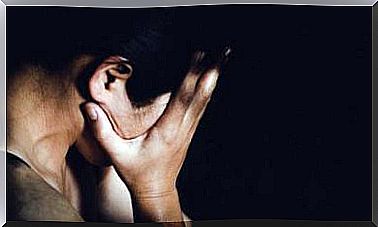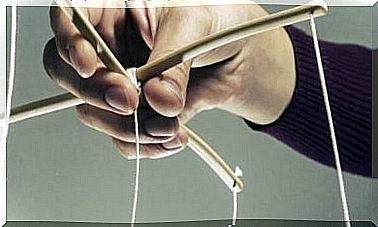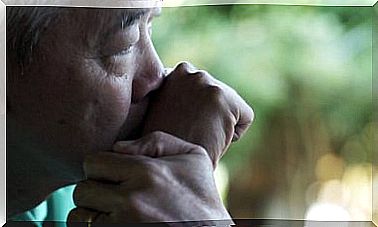Enrique Pichon-Rivière And Argentine Psychoanalysis
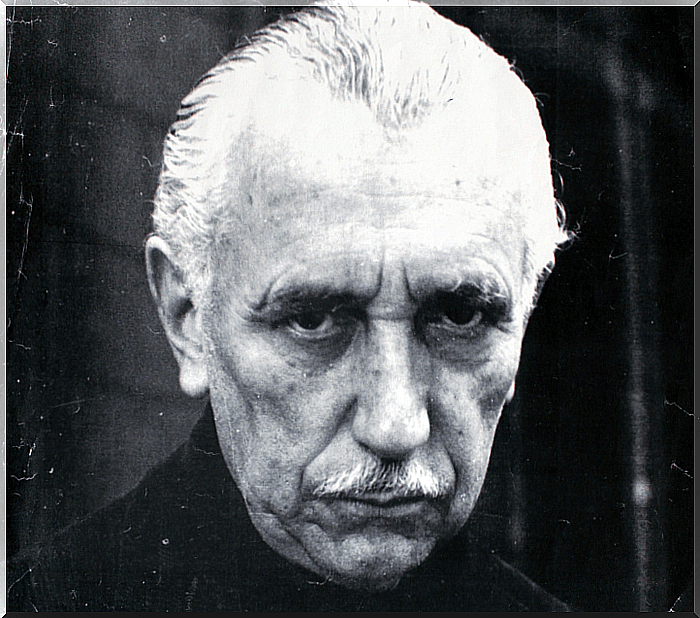
Enrique Pichon-Rivière is one of the most important Argentine psychoanalysts in all of history. He is considered one of the introducers of that school, not only in Argentina but throughout Latin America. However, he was not an orthodox follower of this trend, but based on his experience and knowledge, he introduced his own contributions.
After extensive clinical experience, Enrique Pichon-Rivière opted for social psychology. In one of his most important works, From Psychoanalysis to Social Psychology , he defined the latter as a democratization of psychoanalysis. With his work he made great contributions to group psychology, based on a perspective that united dialectics, homeostasis and cybernetics.
Likewise, Enrique Pichon-Rivière was a staunch critic of psychiatric practices . He thought that they were highly influenced by power relations, rather than by therapeutic goals. In his view, instead of facilitating the recovery of patients, they perpetuated the fundamentals of the disease.
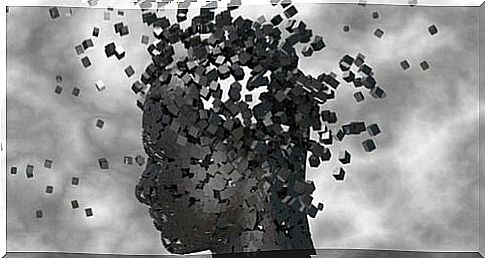
Enrique Pichon-Rivière and a confused childhood
Enrique Pichon-Rivière was born in Geneva (Switzerland). His father was English and his mother French. He was the only child from his father’s second marriage, but he only found out about this until after he was 6 years old. Apparently, that made a big impact on him.
His parents were people with a progressive ideology. Socialists by conviction, although of good economic resources. They promoted the fight for justice and equity, as well as the rejection of racism.
They lived in Europe, but from one moment to another they moved to Argentina. Pichon-Rivière always said that she did not know the reason for that move.
The future psychiatrist and psychoanalyst arrived in Argentina at the age of 3. The family stayed for a short time in Buenos Aires, then settled in the province of Santa Fé, in the area known as “chaco santafesino” and later in Corrientes. There was a high population of Guaraní indigenous people there, so Enrique Pichon-Rivière said many times that he learned to speak Guaraní before he learned Spanish.
The formation of a future psychiatrist
The first encounter with Freud’s work occurred during his secondary studies, at Goya’s school. It had a profound impact on him, since he himself felt traversed by the magical conception of the world of the Guarani and, at the same time, by what he sensed as “family secrets”.
In the province of Corrientes, Enrique Pichon-Rivière became one of the founders of the socialist party in the region. Later, he decided to study medicine and for this he moved to the city of Rosario. There he devoted himself, to a large extent, to bohemia and got a job as a “manners instructor” with Polish prostitutes.
His life, a bit messy, leads him to fall ill with pneumonia. That is why he returned to Goya and then moved to Buenos Aires, where he graduated as a doctor in 1936.
In Buenos Aires he makes great friends with the intellectuals of the time, including the famous writer Roberto Arlt. Likewise, he is passionate about poetry and literature and ends up writing art and sports notes for the newspaper La Crítica.
Psychiatric practice
Enrique Pichon-Rivière also trained as an anthropologist and later as a psychiatrist. He first worked in the Torres Asilo for oligophrenics. Later he entered the Hospicio de La Merced as a psychiatrist. There he worked for 15 years and incubated the postulates that he will later address in his theory. The first thing that struck him was the mistreatment of the nurses towards the patients.
Pichon-Rivière then created working groups with nurses, to instruct them in the basic concepts of psychiatry and make them better treat patients. This represented a great change.

However, later the nurses went on strike that lasted for several months. So Pichon-Rivière was forced to train some patients to replace them.
The result was surprising. Nursing patients began to improve by leaps and bounds. Being busy, feeling useful, and interacting in other ways with the hospital had a significant impact on their improvement. This is how Pichon-Rivière began to place a much more significant value on the social factor in mental illness.
After a brilliant career and several published works, Enrique Pichon-Rivière founded a private school of social psychology and postulated his theory on operative groups. He died in Buenos Aires, on July 16, 1977, at the age of 70.



